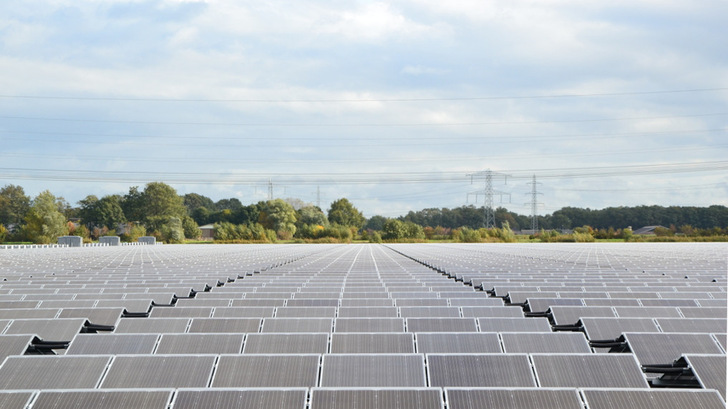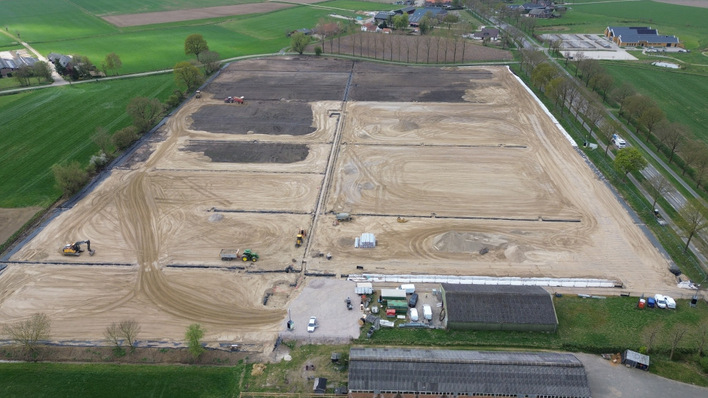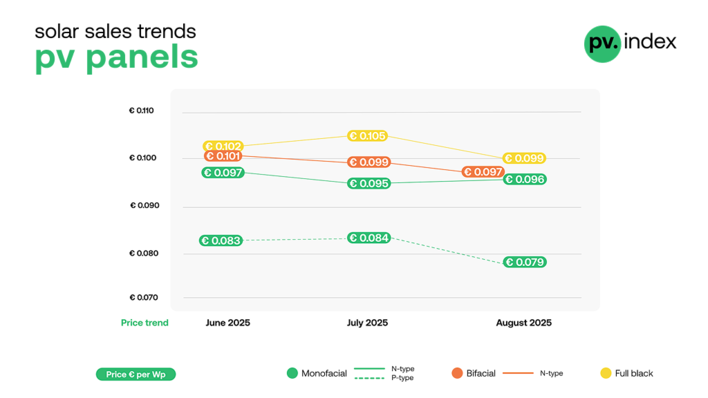In 2024, solar installations in EU member states generated a total of 304 terawatt hours (TWh) of electricity, marking a 22 percent increase compared to 2023. This outpaced coal-fired power plants, which produced only 269 TWh. For the first time, photovoltaics surpassed coal, which has now dropped to sixth place, behind nuclear, wind, gas, hydroelectric and solar power in terms of generation.
47 percent green electricity in the mix
All in all, the energy transition in the electricity sector made excellent progress last year. All green electricity plants together supplied 47 percent of the electricity in the EU. That is immense growth. In 2019, the share of renewables in the electricity mix was 34 percent. In contrast, fossil-based electricity production fell from 39 percent to a historic minimum of 29 percent in the same period. This naturally also has an impact on CO2 emissions in the electricity sector, which have fallen significantly as a result.
Expert analysis: The three strongest solar energy trends in 2025
Expansion accelerating
Analysts at Ember attribute this shift partly to the EU Commission's Green Deal, which is showing early success in boosting electricity generation from renewables. However, they caution that while progress in the first half of the decade has been notable, further acceleration is required to meet 2030 targets. As stated in their report, “More flexibility and intelligent electrification are essential to sustain the rapid growth of solar energy.”
Gas consumption down
Despite the ongoing war in Ukraine and the costly imports of LNG from the USA, gas consumption in Europe’s energy industry has decreased for the fifth consecutive year. This trend comes even as electricity consumption saw a slight increase. Over the past five years, total gas consumption has dropped by 20 percent, with one third of these savings achieved by the energy industry.
SolarPower Europe report: EU solar market with only weak growth
59 billion euros saved
The energy transition is now also showing financial success. This is because fewer imports of fossil fuels are required - above all natural gas, crude oil, coal and uranium. To become more independent, the increased production from wind power and photovoltaics alone has saved imports of natural gas and coal worth 59 billion euros. To become even more independent, however, it is necessary for the EU states to continue to drive forward the expansion of wind power and solar energy. The analysts warn that there is currently a risk that the expansion of these technologies will decline despite their competitiveness.
You can find the complete European Electricity Review 2025 on the Ember website. (su)









